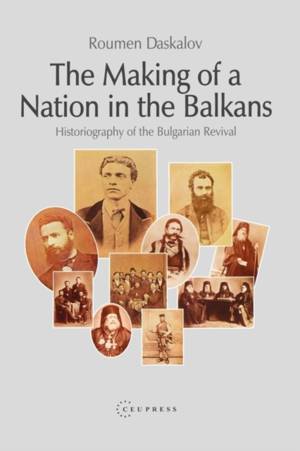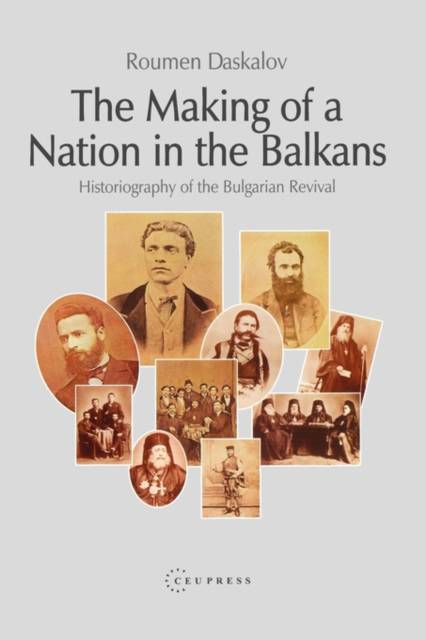
- Afhalen na 1 uur in een winkel met voorraad
- Gratis thuislevering in België vanaf € 30
- Ruim aanbod met 7 miljoen producten
- Afhalen na 1 uur in een winkel met voorraad
- Gratis thuislevering in België vanaf € 30
- Ruim aanbod met 7 miljoen producten
Zoeken
€ 248,45
+ 496 punten
Omschrijving
The nineteenth century was the epoch of nation building for the Bulgarians under Ottoman rule. In this book, comparisons and analogies are made between the Bulgarian Revival and other regions, epochs, ideological trends, and events. These latter are taken from two major areas-Western Europe ("Renaissance," "Enlightenment," "Romanticism," the French Revolution, and national liberation movements), and Russia (the "agrarian question," "populism" and "utopian socialism," "revolutionary democrats," and the Russian Revolution of 1905). Historical facts about the Revival were instrumentalized for political purposes, such as the fostering of national and state loyalties through the reproduction of identities, or, directly, as the legitimating/contesting of a current political regime under the guise of disputes over historical legacy. Ideological mobilization took place in the form of nationalism, right-wing authoritarianism (shading into fascism), and communism. The author sets in relief some of the mechanisms and logic of the two grand narratives under the sign of nationalism, and of Marxism.
Specificaties
Betrokkenen
- Auteur(s):
- Uitgeverij:
Inhoud
- Aantal bladzijden:
- 290
- Taal:
- Engels
- Reeks:
Eigenschappen
- Productcode (EAN):
- 9789639241831
- Verschijningsdatum:
- 1/06/2004
- Uitvoering:
- Hardcover
- Formaat:
- Genaaid
- Afmetingen:
- 168 mm x 228 mm
- Gewicht:
- 566 g

Alleen bij Standaard Boekhandel
+ 496 punten op je klantenkaart van Standaard Boekhandel
Beoordelingen
We publiceren alleen reviews die voldoen aan de voorwaarden voor reviews. Bekijk onze voorwaarden voor reviews.











